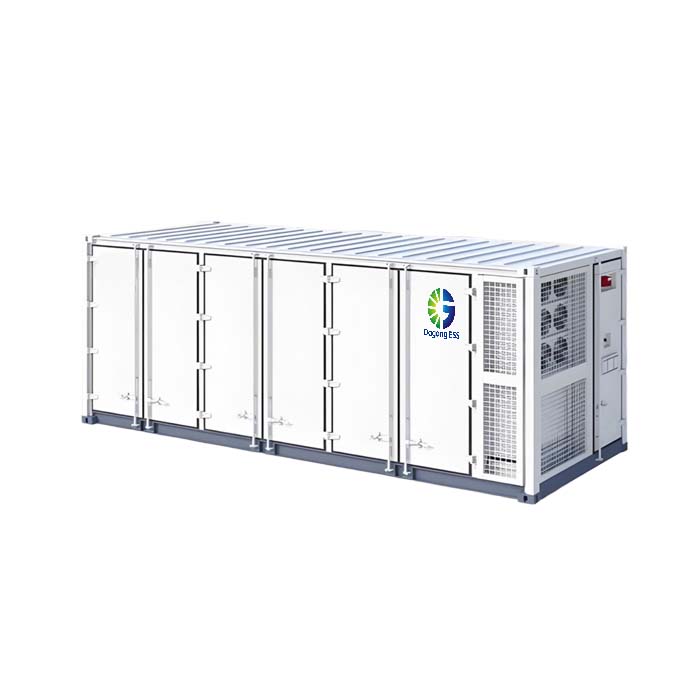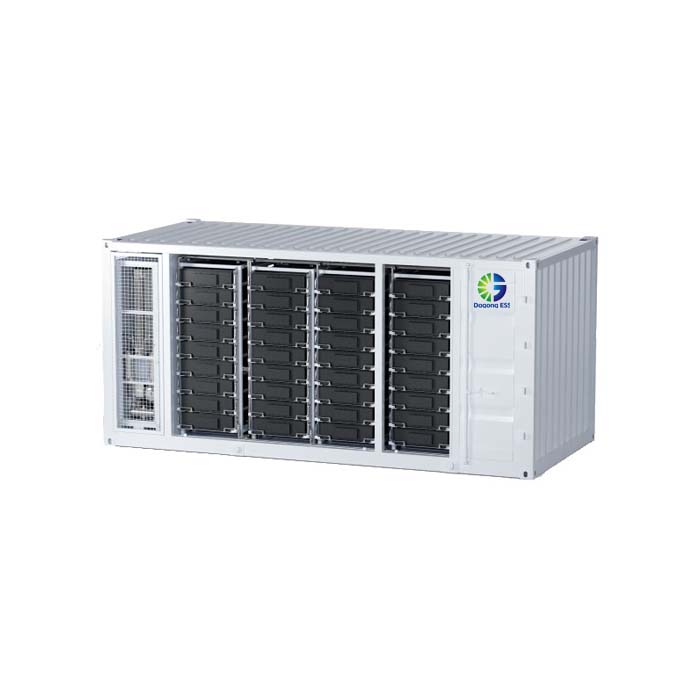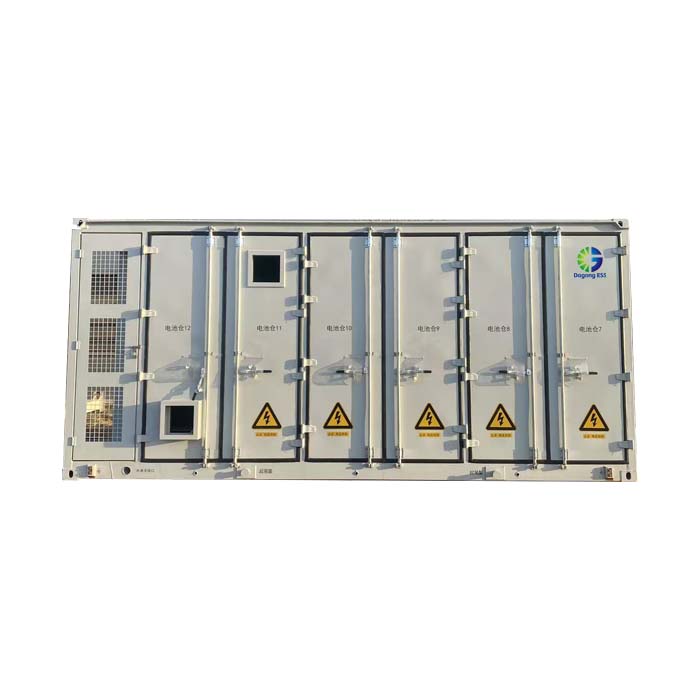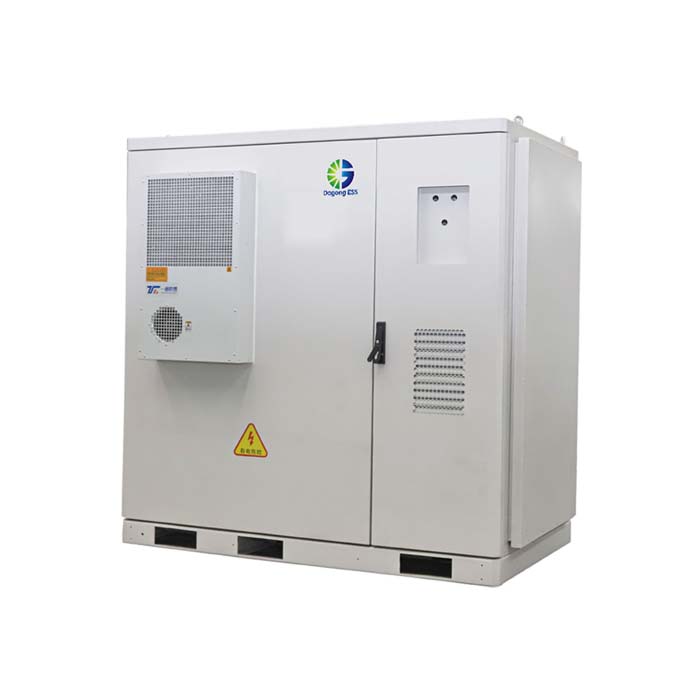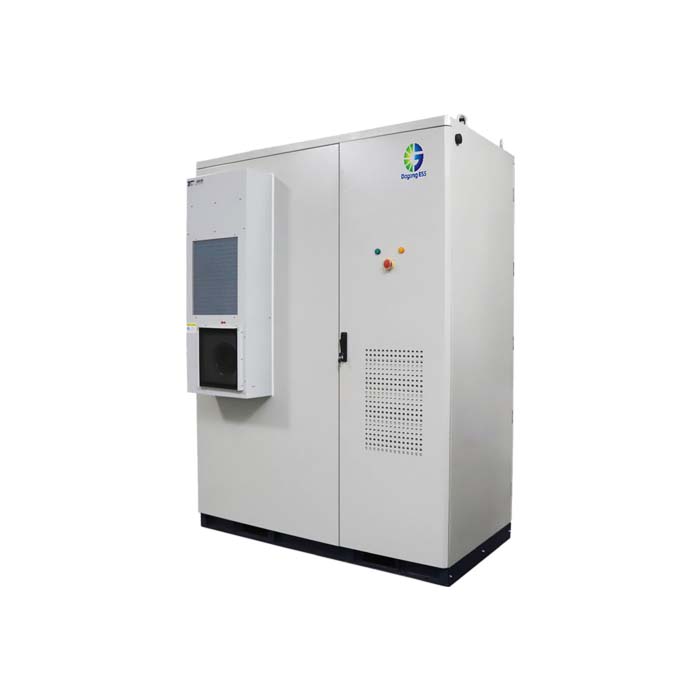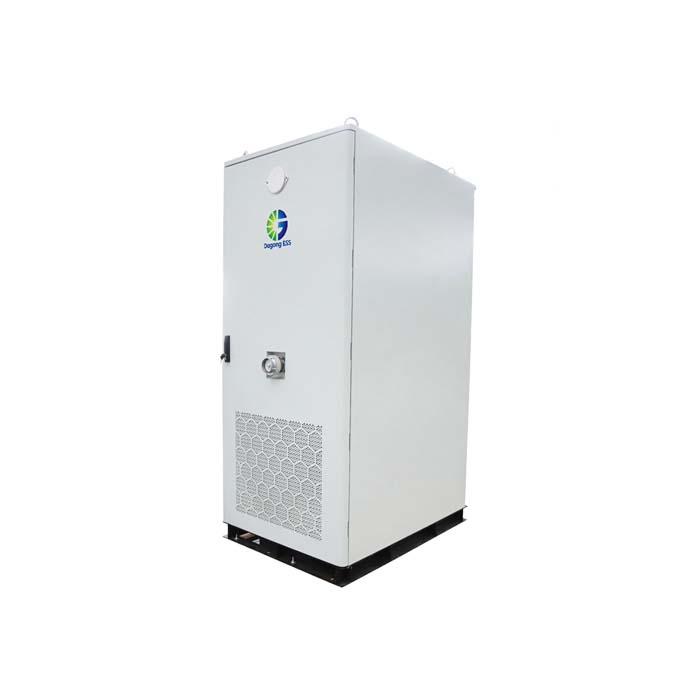Residential Energy Storage Systems (ESS)
What is Residential ESS?
A Residential Energy Storage System (ESS) is a home-based solution that stores excess electricity—usually generated from solar panels—for later use. It enhances energy self-sufficiency, provides backup power during outages, and allows homeowners to save on electricity bills by using stored energy during peak pricing hours. These systems are typically built using lithium iron phosphate (LFP) batteries due to their high safety, long life, and thermal stability.
Types of Residential ESS
Residential ESS solutions come in several configurations:
All-in-One ESS Units: Integrates battery, inverter, and battery management system (BMS) in a single compact cabinet.
Modular ESS Systems: Allows users to add battery modules as needed, supporting flexible capacity expansion.
Hybrid ESS: Combines solar inverters and battery storage, often used in solar-plus-storage applications.
AC-Coupled / DC-Coupled ESS: Depending on whether the system is integrated on the AC or DC side of the home’s electrical system.
Features of Residential ESS
Safety and Stability: Most systems use LFP batteries known for their thermal stability and non-flammable properties.
Smart Monitoring: Real-time monitoring through apps or web interfaces, with control over charging and discharging.
Scalability: Ranges from 5kWh to 80kWh to meet varying household demands.
Quiet Operation: Air-cooled designs ensure efficient thermal control without noise pollution.
Compatibility: Seamlessly integrates with existing solar PV systems and smart home setups.
Applications of Residential ESS
Solar Energy Storage: Store daytime solar energy for nighttime use.
Backup Power Supply: Ensure electricity supply during grid outages.
Peak Shaving: Use stored energy during high-tariff hours to reduce electricity bills.
Energy Independence: Support off-grid living or reduce reliance on utility power.
Price of Residential ESS
The cost of residential ESS varies by capacity, battery chemistry, and system features.Customization, software licensing, communication protocols, and cloud hosting options also influence the final investment.
Pricing is typically quoted based on international trade terms such as EXW (Ex Works), FOB, or CIF, depending on project location and logistics preferences. For an accurate quotation tailored to your specific needs, it is recommended to consult with the supplier directly.
How to Select Residential ESS for Your Project?
How to Select Residential ESS for Your Project?
When choosing a residential ESS, consider the following:
Energy Consumption: Assess daily and peak electricity needs.
Solar Compatibility: Ensure the system supports your PV inverter and solar array size.
Backup Requirement: Determine if whole-home or partial backup is needed.
Battery Chemistry: LFP is ideal for safety and long cycle life.
Space and Installation: Choose between wall-mounted or floor-standing designs depending on your home's layout.
After-sales Service: Select a supplier with international support and a responsive technical team.
How Long Does Residential ESS Last?
Most residential ESS systems using LFP batteries offer:
Cycle Life: Over 6,000 cycles at 80% depth of discharge.
Lifespan: 10–15 years under normal usage.
Warranty: Generally 5–10 years, depending on the manufacturer.
The Supplier of Residential ESS
Dagong ESS is a trusted manufacturer of high-quality residential energy storage systems. With a wide product line covering 5kWh to 80kWh capacities, both modular and all-in-one solutions are available to meet global residential energy demands. We offer:
Customizable battery packs
Integrated inverter + BMS solutions
Air-cooled or liquid-cooled designs
Global shipping and technical support
For more information, contact us at sales@dagongess.com or visit www.dagongess.com.


